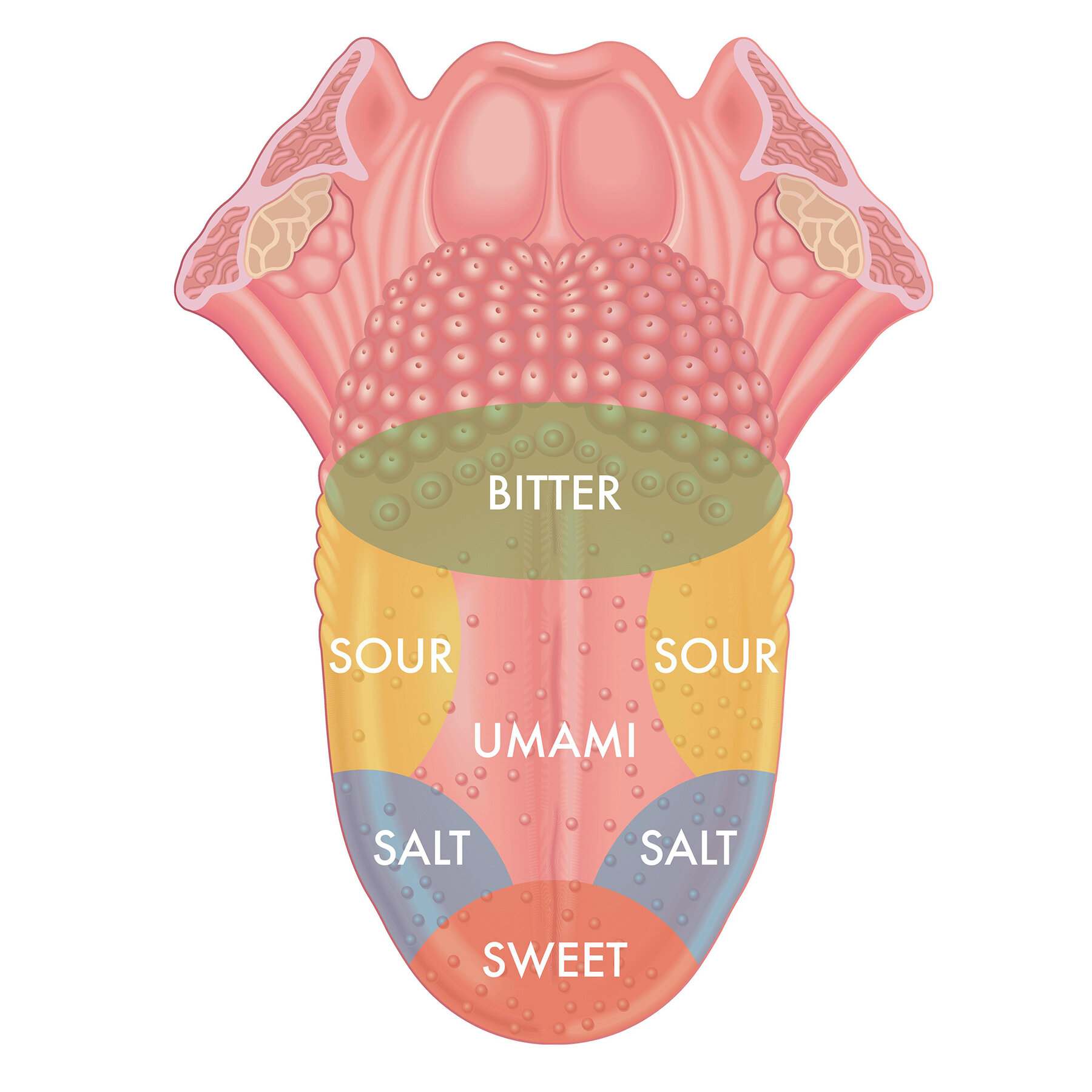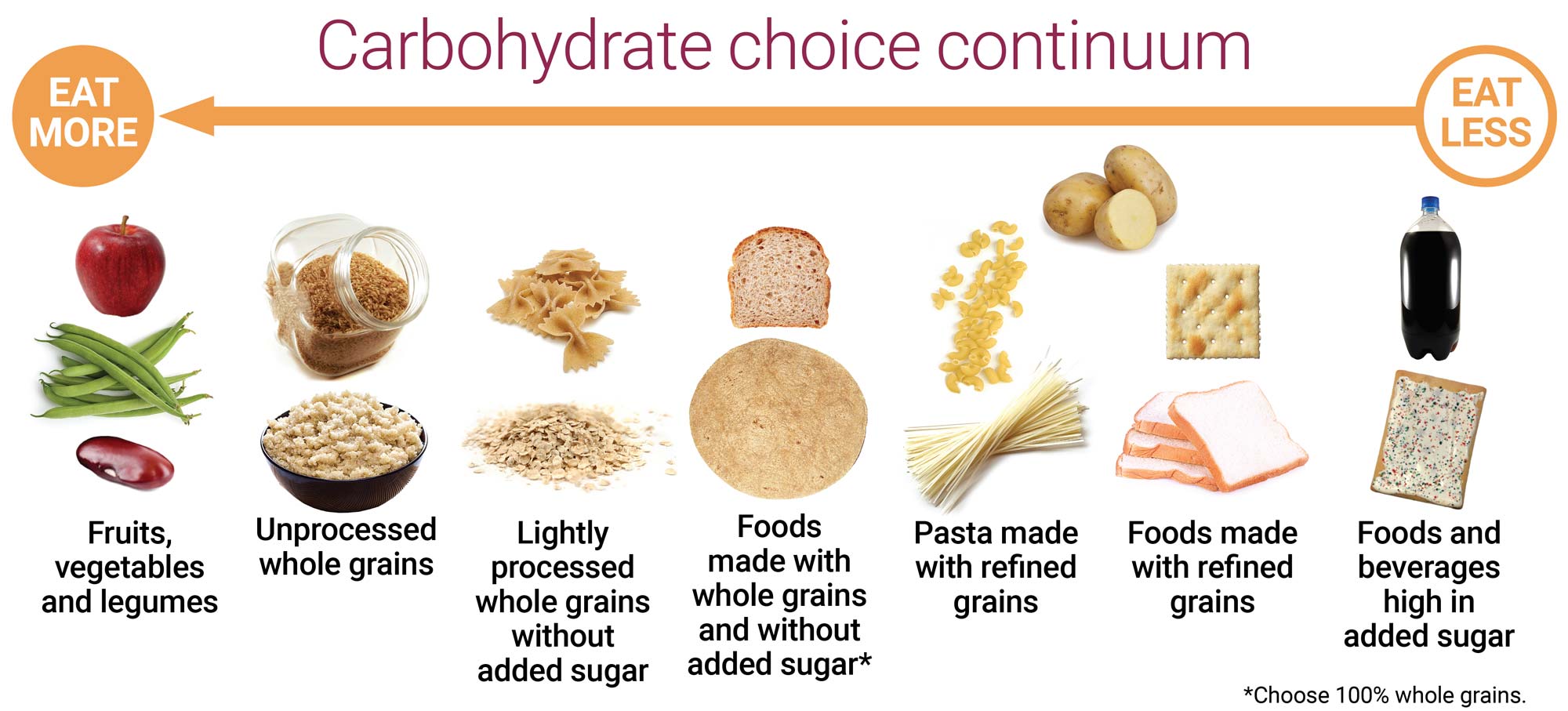
How Bitter Flavors Train Your Brain to Handle Stress
Bitterness is often the most avoided taste, yet it plays a powerful role in how your body and brain adapt to stress. Found in foods such as dark leafy greens, cacao, coffee, citrus peel, and herbal roots, bitter compounds do more than shape flavor. They stimulate a network of taste receptors in the tongue, gut, and even the brain that help regulate hormones, digestion, and emotional resilience. Learning to welcome a hint of bitterness can train your nervous system to stay balanced under pressure.
Why bitter flavors affect stress response
When you eat something bitter, your body responds as if preparing for challenge. The taste activates receptors known as TAS2Rs throughout the gut and lungs. These receptors send signals through the vagus nerve to the brain, increasing alertness but also prompting a controlled release of calming neurotransmitters once the initial reaction passes (Behrens and Meyerhof 2018).
This process mimics a form of mild biological stress called hormesis, where small exposures to discomfort strengthen the body’s overall response system. Just as exercise builds muscle through strain, low-level activation of bitter receptors helps regulate cortisol and adrenaline more efficiently (Mattson 2008).
Bitterness also supports liver detoxification and gut health. Compounds in plants like arugula, dandelion, and gentian promote bile flow and improve nutrient absorption, both of which stabilize blood sugar and reduce stress-related fatigue (Chevallier 2016).

The short guide
If you feel anxious or on edge
Try a small amount of unsweetened dark chocolate or a few sips of black coffee. The bitter taste can increase alertness briefly while helping the nervous system regulate stress hormones afterward (Martin et al. 2009).
If you experience digestive sluggishness under stress
Add bitter greens like radicchio, kale, or endive to your meals. Bitters stimulate bile secretion and ease bloating, which supports both digestion and mood stability (Chevallier 2016).
If you want to build tolerance to stress
Incorporate small amounts of bitter foods daily. Over time, your taste buds and nervous system adapt, reducing reactivity to discomfort and promoting calm focus through vagal activation (Behrens and Meyerhof 2018).
The science behind bitter taste and stress regulation
- Gut–brain communication: Bitter receptors in the intestines influence the release of gut hormones such as ghrelin and GLP-1, which regulate appetite, insulin, and emotional state (Rozengurt and Sternini 2007).
- Hormesis effect: Exposure to mildly stressful stimuli like bitter compounds triggers adaptive antioxidant responses, strengthening cells against oxidative stress (Mattson 2008).
- Vagal activation: Bitterness signals the parasympathetic system to balance the initial stress reaction, lowering cortisol and improving heart rate variability (Sakakibara et al. 2013).
- Mood chemistry: Polyphenols in cacao and bitter greens enhance serotonin and endorphin pathways, supporting relaxation without sedation (Martin et al. 2009).
Practical ways to add bitterness naturally
- Begin meals with a small salad of bitter greens such as rocket or dandelion.
- Choose 85 percent dark chocolate instead of sweetened desserts.
- Add lemon or grapefruit zest to water or dressings for gentle bitterness.
- Use herbal bitters or gentian drops before meals to prime digestion.
- Pair bitter foods with healthy fats like olive oil or avocado to round the flavor and improve nutrient absorption.
Common pitfalls
- Overuse of bitter supplements or extracts can irritate the stomach. Start with small amounts in whole foods.
- Strong bitterness without balancing flavors can trigger aversion rather than adaptation. Combine bitter notes with sour or aromatic ingredients.
- Sweetening bitter foods too heavily removes the hormetic benefit. Allow some natural sharpness to remain.
When to seek advice
If you have gastritis, ulcers, or chronic acid reflux, consult a clinician before using concentrated bitters. People taking blood thinners or medications that affect liver function should discuss herbal use with a healthcare provider.
The takeaway
Bitterness is not a punishment for the palate but a signal for balance. By embracing small, natural doses of bitter foods, you can train your nervous system to stay calm through stress, improve digestion, and support hormonal stability. In a world of overstimulation and constant sweetness, a little bitterness builds true resilience.
References
Behrens M and Meyerhof W 2018 Bitter taste receptors and human health. Annals of Nutrition and Metabolism 73(Suppl 3):118–127. https://doi.org/10.1159/000490043
Chevallier A 2016 Encyclopedia of Herbal Medicine. 3rd ed. Dorling Kindersley, London.
Martin FP, Rezzi S, Peré-Trepat E et al. 2009 Metabolic effects of dark chocolate consumption on energy, hormones, and mood. Journal of Proteome Research 8(12):5568–5579. https://doi.org/10.1021/pr900607v
Mattson MP 2008 Hormesis defined. Ageing Research Reviews 7(1):1–7. https://doi.org/10.1016/j.arr.2007.08.007
Rozengurt E and Sternini C 2007 Taste receptor signaling in the gut. Current Opinion in Pharmacology 7(6):557–562. https://doi.org/10.1016/j.coph.2007.10.003
Sakakibara M, Hayano J and Mukai S 2013 Effects of slow breathing on autonomic and endocrine functions in humans. Journal of Physiological Anthropology 32(1):1–8. https://doi.org/10.1186/1880-6805-32-8



















